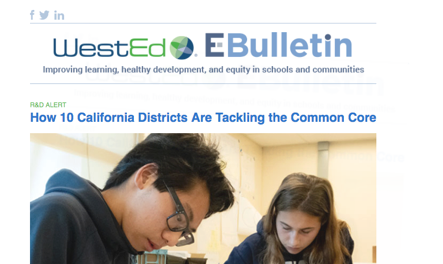Despite evidence of the effectiveness of mathematics pathway reforms in postsecondary education, innovations like math pathways have been challenging to scale. The SUNI project seeks to test and refine a practical theory of scaling these complex educational innovations. In particular, it seeks to understand different institutional leaders’ intentions in supporting or hindering scaling efforts.
The SUNI project aims to test a practical theory of implementing complex educational innovation at scale centered around building institutional leadership capacity. In addition, within the Carnegie Math Pathways (CMP) context, the project seeks to interrogate and refine the CMP Implementation Framework, which articulates the core leadership activities for implementing the Carnegie Math Pathways reform effectively and sustainably at scale.
The SUNI project includes the following studies:
- a quantitative outcomes study that seeks to understand relationships among student achievements, faculty and classroom characteristics, and college-level factors
- comparative case studies of institutional leadership teams that explore the processes and practices leaders undertake in the implementation of math pathways at scale
Research shows that the challenge developmental mathematics poses to higher education institutions in the U.S. and hundreds of thousands of college students each year is staggering. This work has the potential to dramatically increase the success rates of developmental mathematics students in participating institutions from the typical 5–6 percent rate of college credit completion within a year to the 50 percent rate consistently achieved by CMP Network colleges.





